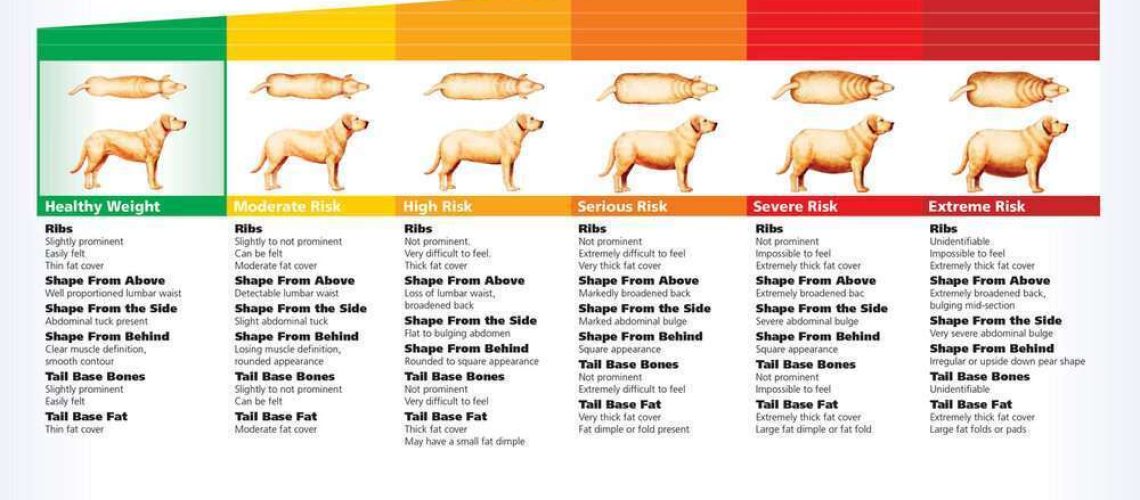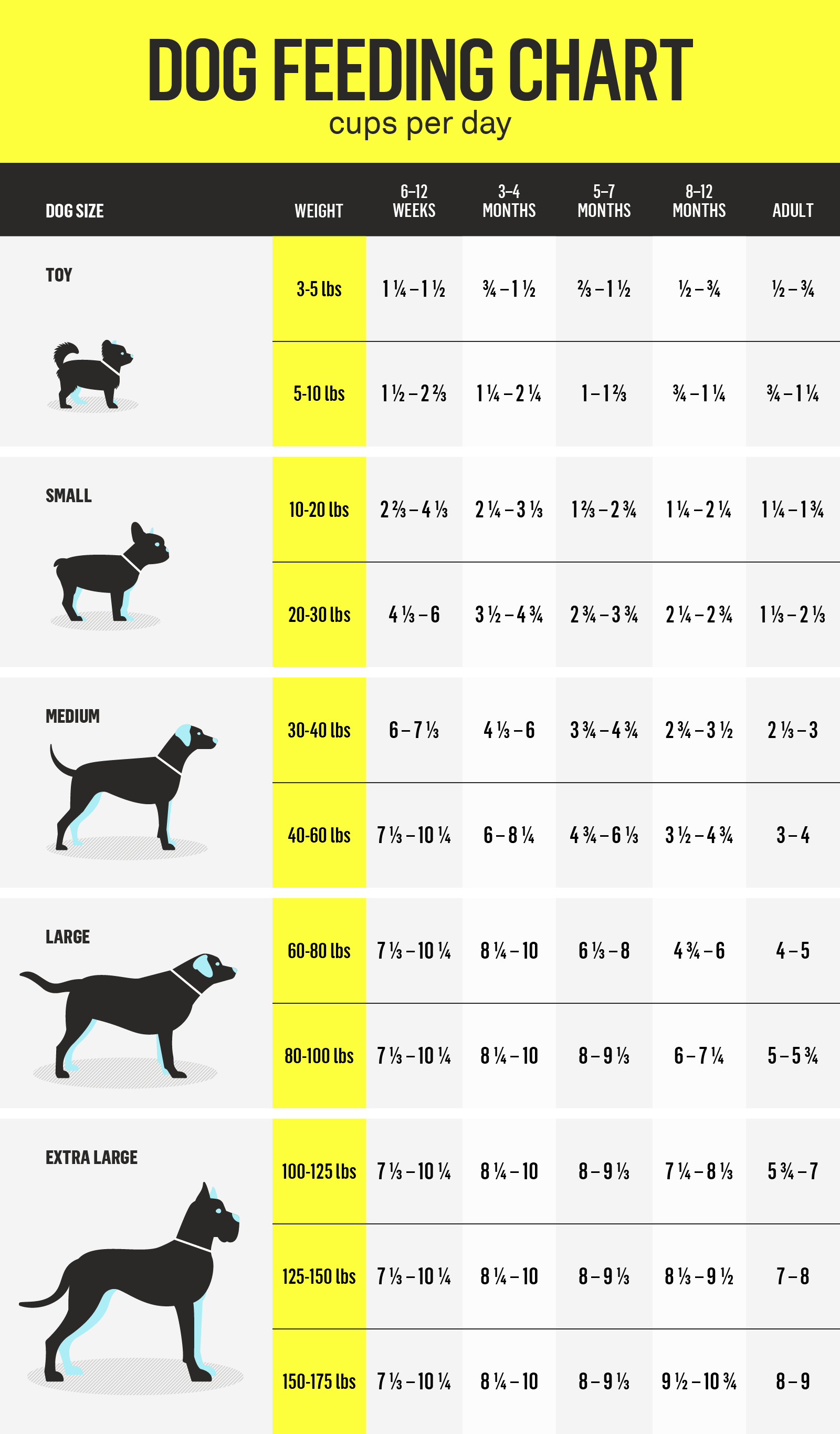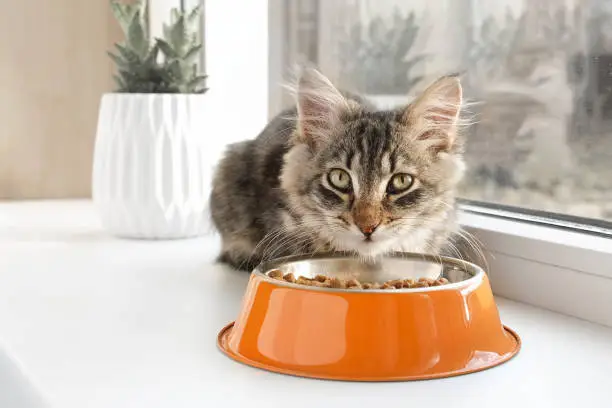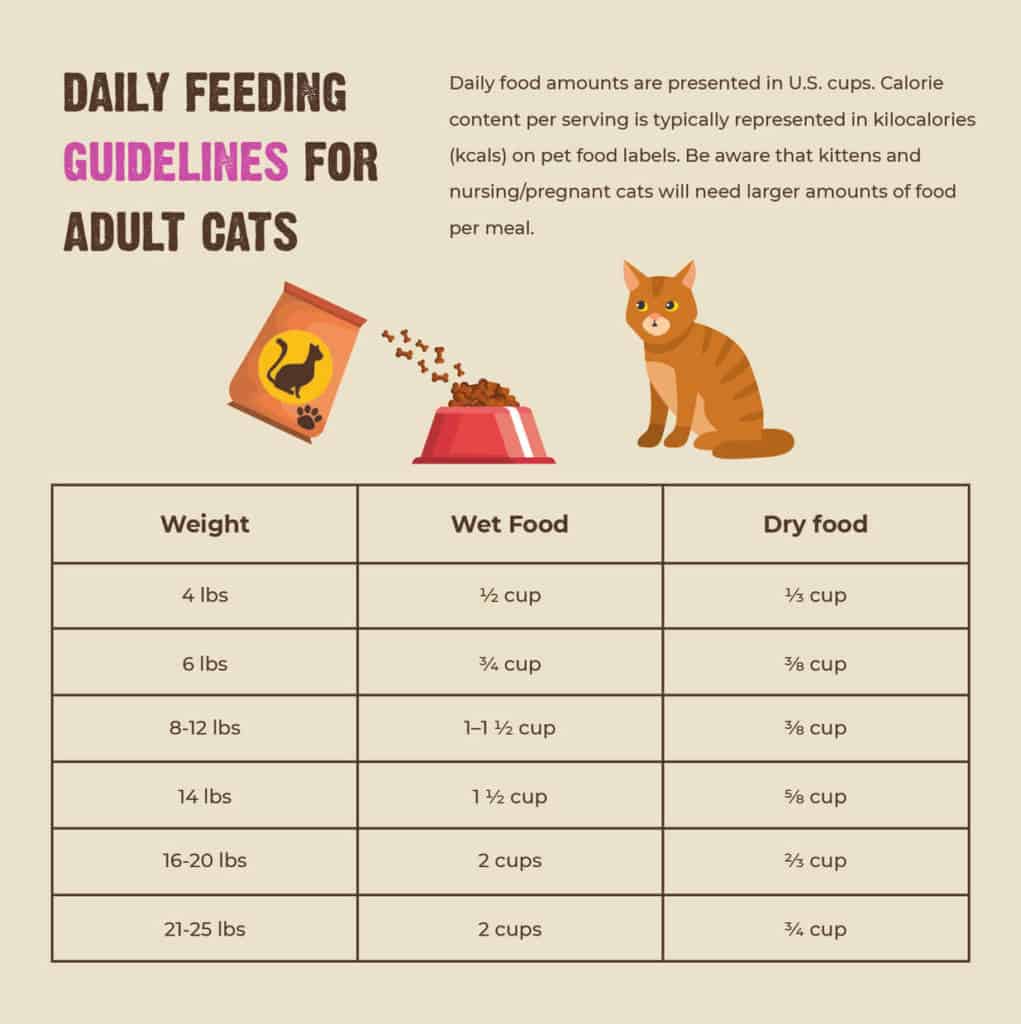Key Takeaways:
- Monitor and control portion sizes: Ensure that you are feeding your puppy the appropriate amount of food based on their age, size, and activity level.
- Incorporate regular exercise: Engage your puppy in daily physical activities such as walks, playtime, or interactive toys to help them burn calories and maintain a healthy weight.
- Avoid excessive treats and table scraps: Limit the intake of high-calorie treats and avoid feeding your puppy from the table to prevent unnecessary weight gain.
- Consult a veterinarian for a tailored weight loss plan: Seek professional advice to determine the ideal target weight for your puppy and create a personalized diet and exercise plan accordingly.
- Be patient and consistent: Understand that weight loss takes time, so remain committed to the routine while providing love, support, and encouragement throughout the process.
Are you concerned about your chubby little furball? Well, fret not! In this guide, we'll show you how to help your pudgy puppy shed those extra pounds and get back on track to a healthier lifestyle. Not only will a slimmer physique boost their energy levels and overall well-being, but it can also prevent future health issues. So, if you're ready to discover the secrets of weight loss for your furry friend, keep reading! Together, we'll embark on a journey towards a happier and healthier pup.
Why is it important to help a chubby puppy lose weight?
A chubby puppy may look adorable, but carrying excess weight can lead to serious health problems. Just like humans, overweight puppies are at a higher risk for conditions such as diabetes, heart disease, and joint issues. By helping your chubby pup lose weight, you are ensuring that they live a longer, healthier life.
Additionally, maintaining a healthy weight can improve your puppy's energy levels and overall well-being. They will be able to run and play without getting tired easily, which is essential for their development and happiness. So, don't let those extra pounds go unnoticed - take action and help your pup shed the excess weight!
Signs of an overweight puppy: How can you tell if a puppy is too heavy?
Determining whether your puppy is overweight requires observing their body shape and behavior. Here are some signs that may indicate your pup is carrying too much weight:
- Difficulty feeling their ribs or spine
- A lack of visible waistline when viewed from above
- Waddling or having difficulty moving around
- Tiring quickly during exercise or playtime
- Panting excessively after minimal activity
If you notice any of these signs in your puppy, it's essential to consult with a veterinarian to assess their weight and discuss an appropriate plan for weight loss.
Healthy food choices for a pudgy puppy: What should they eat?
When it comes to feeding a chubby puppy, it's crucial to make healthy food choices that support their weight loss journey. Here are some guidelines for selecting the right food:
1. High-quality dog food:
Choose a dog food brand that is specifically formulated for weight management. These foods typically have fewer calories and higher fiber content to help your pup feel full while consuming fewer calories.
2. Lean protein sources:
Incorporate lean protein sources into your puppy's diet, such as chicken or turkey breast. Protein helps build and maintain muscle mass, which is essential for a healthy metabolism.
3. Plenty of vegetables:
Add a variety of vegetables to your puppy's meals, like carrots, green beans, or pumpkin. Vegetables are low in calories but high in nutrients and fiber, making them an excellent choice for weight loss.
4. Controlled portion sizes:
Measure your puppy's food portions according to the feeding guidelines provided by the dog food manufacturer. Avoid free-feeding and use portion control to ensure they're not overeating.
Remember, it's always best to consult with a veterinarian before making any significant changes to your puppy's diet.
Fun exercises to help your fat puppy shed some pounds
Making exercise enjoyable is key when helping your chubby pup lose weight. Here are some fun exercises you can do together:
1. Brisk walks:
Taking your pup for regular walks not only burns calories but also provides mental stimulation and socialization opportunities. Aim for at least 30 minutes of brisk walking every day.
2. Interactive toys:
Engage your puppy in playtime with interactive toys that encourage movement and problem-solving. Toys that dispense treats can be especially motivating for exercise.
3. Swimming sessions:
If you have access to a safe swimming area, swimming is an excellent low-impact exercise for overweight puppies. It helps burn calories while being gentle on their joints.
4. Agility training:
Set up a mini agility course in your backyard using cones, tunnels, and hurdles. This activity not only promotes weight loss but also improves your pup's coordination and confidence.
Remember to start slowly and gradually increase the intensity and duration of the exercises to avoid overexertion. Always prioritize your puppy's safety and consult with a veterinarian before starting any new exercise routine.
Caring for a chubby pup: Special considerations and precautions
When caring for a chubby pup, there are some special considerations and precautions to keep in mind:
1. Regular vet check-ups:
Schedule regular check-ups with your veterinarian to monitor your puppy's weight loss progress and ensure they remain healthy throughout the process.
2. Avoid crash diets:
Avoid putting your puppy on crash diets or severely restricting their food intake. Rapid weight loss can be harmful to their overall health. Instead, opt for gradual weight loss under veterinary supervision.
3. Provide mental stimulation:
Puppies can turn to food for comfort or entertainment when bored or anxious. Provide plenty of mental stimulation through interactive toys, training sessions, and playtime to prevent excessive eating due to boredom.
4. Stay consistent with routines:
Maintain consistent feeding schedules, exercise routines, and portion sizes for your chubby pup. Consistency helps them develop healthy habits and makes it easier for you to track their progress.
Your puppy's well-being should always be the top priority during their weight loss journey. With proper care and attention, they will achieve a healthier weight and enjoy a better quality of life.
Feeding schedule for your chubby puppy's weight loss journey
Establishing a feeding schedule is crucial for your chubby puppy's weight loss journey. Here's an example of a feeding schedule:
1. Divide meals into smaller portions:
Avoid feeding your puppy one large meal. Instead, divide their daily food allowance into two or three smaller meals to prevent overeating and promote better digestion.
2. Stick to scheduled mealtimes:
Set specific times for each meal and stick to them consistently. This routine helps regulate your pup's metabolism and prevents them from constantly feeling hungry.
3. Avoid free-feeding:
Free-feeding, where food is left out all day for the puppy to eat at their leisure, can lead to overeating. Measure out the appropriate portion sizes according to your veterinarian's recommendations.
4. Monitor treats and snacks:
Treats should be given in moderation during the weight loss process. Opt for low-calorie treats or use small pieces of their regular kibble as rewards during training sessions.
Remember, it's essential to consult with your veterinarian to determine the appropriate amount of food and feeding schedule based on your puppy's specific needs.
Motivating your chubby pup during their weight loss program: Tips and tricks
Motivation plays a vital role in helping your chubby pup succeed in their weight loss program. Here are some tips and tricks to keep them motivated:
1. Use positive reinforcement:
Reward your pup with praise, petting, or a small treat when they exhibit healthy behaviors such as exercising or eating their meals without begging for extra food.
2. Make mealtime interactive:
Use puzzle feeders or slow-feed bowls to make mealtime more engaging and mentally stimulating. This can help prevent your puppy from eating too quickly and feeling unsatisfied.
3. Engage in playtime:
Incorporate playtime into your daily routine to keep your pup active and entertained. Playing together strengthens the bond between you and provides an opportunity for exercise.
4. Track progress visually:
Create a visual representation of your puppy's weight loss journey, such as a chart or graph, and update it regularly. Seeing their progress can be motivating for both you and your pup.
Remember to be patient and consistent with your efforts. Celebrate small milestones along the way, and always prioritize your puppy's well-being above achieving rapid weight loss.
In conclusion, helping a fat puppy lose weight is important for their health and well-being. By providing a balanced diet, regular exercise, and lots of love and support, we can help our furry friends live a happier and healthier life.
How long does it take a puppy to lose weight?
What is the duration of time that my dog will need to be on a diet? The majority of dogs will reach their optimal weight within six to eight months. If it is taking longer than this, adjustments need to be made. For dogs of different sizes and conditions, a healthy weight loss is typically between one to five pounds per month.
Do chubby puppies stay chubby?
Being a responsible pet owner means being mindful of your dog's growth and development, from when they are a puppy to when they reach adulthood. This ensures that they remain healthy and in their best condition throughout their life.
Why is my new puppy so fat?
Insufficient physical activity is another frequent cause of dogs gaining weight. The necessary amount of exercise for your dog to stay healthy varies based on its breed, age, and size. However, a general objective is to aim for a minimum of 20 to 60 minutes of daily activity with your dog.
Do green beans help dogs lose weight?
Feeding your dog raw, canned, cooked, frozen, or dehydrated green beans is generally safe. However, substituting green beans for a portion of your dog's regular food as a weight loss method is not recommended.
Why is my puppies belly so fat?
When a pet has a large number of worms in their intestine, their abdomen can become swollen and give them a pot-bellied appearance. This is more common in puppies as they are more prone to getting worms compared to older dogs. Thankfully, this issue can typically be resolved with a simple treatment of de-worming medication.
How much less should I feed my dog to lose weight?
Keep following the feeding plan until your dog reaches their desired weight. If there is no noticeable weight loss after one to two months of following their recommended daily caloric intake, I suggest reducing their total calories by 10 percent. Most experts in veterinary nutrition recommend a calorie reduction of 10 to 20 percent.

















